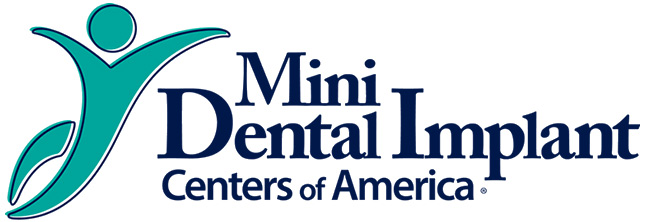Have you ever heard of vestigial structures? These are fascinating remnants from our ancestors that have lost their original function over time due to evolution. For example, snakes and whales have pelvic bones, remnants of their land-dwelling ancestors. Despite no longer having legs, these pelvic bones remain as evidence of their evolutionary past. Similarly, some cave-dwelling animals have non-functional eyes. Living in complete darkness, these animals no longer rely on vision, but their eye structures persist, albeit without purpose. In humans, a well-known vestigial structure is the appendix. Once thought to aid in digesting cellulose, the appendix no longer serves an essential function. Similarly, wisdom teeth were crucial for our ancestors, who needed extra molars to grind tough, raw foods. However, in modern times, our diets have softened, and these third molars are no longer necessary. Instead, wisdom teeth often cause complications, leading to their removal becoming a common practice.
Why Should My Wisdom Teeth Be Removed?
So, if we don’t need our wisdom teeth, why do they often need removal? Can’t we just ignore them? Well, in some cases, we can. Sometimes, wisdom teeth don’t cause any issues and can remain in the mouth without problems. However, they often lead to several complications that necessitate extraction.
Many people’s jaws are too small to accommodate these extra molars, resulting in overcrowding and misalignment of existing teeth. Wisdom teeth frequently become impacted, meaning they cannot fully emerge through the gums, which can cause pain, swelling, and damage to adjacent teeth.
Their location at the back of the mouth also makes wisdom teeth hard to clean properly, increasing the risk of tooth decay, gum disease, and bad breath. Partially erupted wisdom teeth can create pockets where bacteria accumulate, leading to infections and inflammation. They can push against neighboring teeth as they try to emerge, resulting in further damage and misalignment.
Wisdom teeth can also cause sinus problems. Upper wisdom teeth can grow close to the sinus cavity, potentially causing pressure and discomfort. As these teeth develop, their roots can exert pressure on the sinuses, leading to sinus headaches and infections. This pressure often results in inflammation, which can cause symptoms such as nasal congestion, facial pain, and tenderness.
Furthermore, if wisdom teeth become infected or develop cysts and abscesses, the infection can spread to the sinus cavities, causing sinusitis.
What To Expect From Your Extraction
When you visit Vegas Dental Experts for wisdom teeth removal, you can expect a smooth and efficient procedure. Though complex cases may take longer, Dr. Chin typically completes the surgery in about an hour or less. To ensure your comfort, we offer several sedation options.
Nitrous oxide, or laughing gas, is inhaled through a mask, providing quick and effective relief from pain and anxiety and allowing you to drive yourself home afterward. We offer conscious oral sedation with medications taken an hour before the procedure for deeper relaxation. These medications may make you drowsy but still responsive, so you will need a ride home. We also offer intravenous sedation, monitored by an anesthesiologist to ensure deep sedation and safety throughout the process.
During the procedure, Dr. Chin will carefully access the wisdom tooth and gently remove it. The area will be cleaned to ensure it remains infection-free. Once the tooth is out, Dr. Chin will close the site with dissolving stitches.
Healing After Wisdom Teeth Removal
After your extraction, Dr. Chin will provide detailed instructions to ensure a smooth healing process. To reduce swelling, apply ice packs to the affected area as directed. Avoid strenuous activities, smoking, and drinking through straws, as these can interfere with the healing process and potentially dislodge the blood clot that forms in the extraction site.
In the initial days following your surgery, stick to a diet of soft foods. Gradually reintroduce regular foods as you heal and feel more comfortable.
At Vegas Dental Experts, we provide L-PRF therapy to improve your healing process after dental procedures, including wisdom teeth removal. L-PRF, or leukocyte-platelet-rich fibrin, is a natural healing aid created from your own blood without any additives or chemical changes. To do this, we take a small blood sample and spin it in a centrifuge. This process separates the blood into different layers, and we collect the L-PRF layer from the middle.
Applying an L-PRF clot to the extraction site greatly enhances the healing process. It releases a combination of growth factors and proteins that support tissue regeneration, reduce inflammation, alleviate post-operative discomfort, and accelerate wound healing.
Time for Wisdom Teeth Removal? Dr. Chin is Here to Help!
Are you experiencing problems with your wisdom teeth, or do you think it’s time to have them evaluated? Dr. Chin and our friendly team at Vegas Dental Experts are here to help. Schedule your free consultation today to discuss your concerns and see how we can make your experience as comfortable as possible.
Don’t forget to follow us on Instagram and Facebook for the latest updates, tips, and more!

